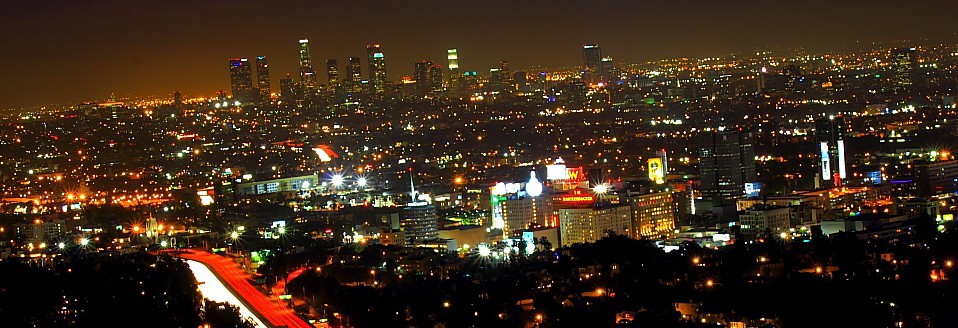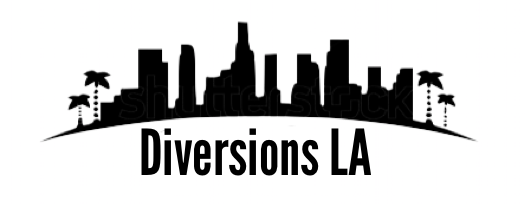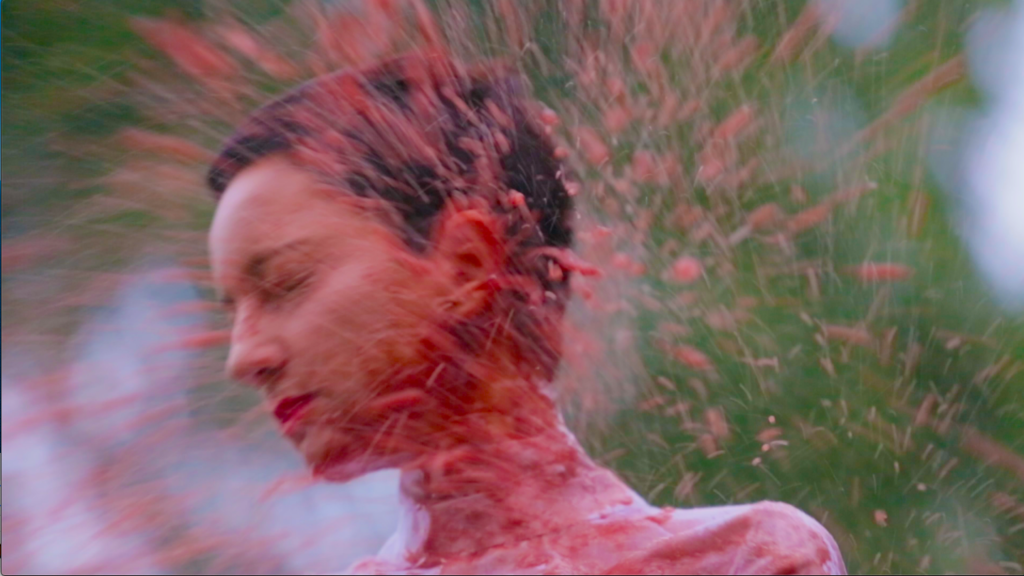
The best visual art has an immediacy, intimacy, and power that transcends time and medium. Like the work of its subject, Robert Adanto’s award winning documentary feature Born Just Now, conveys all of those strengths. The film passionately explores its subject, Marta Jovanović, a Belgrade-based artist struggling to cope with the violence that ended her eight-year marriage. In a raw and triumphant move, she has chosen art and art-making over her life in a marriage that was filled with abuse. She examines intimacy, motherhood and the trauma of the Balkan wars, releasing her own pain and helping others confront their own through her art.
Visually beautiful and filled with wonderful moments of tenderness and fierceness in equal measure, this is a documentary that excites the spirit as well as preesnting a terrific introduction into the world of an emerging artist.
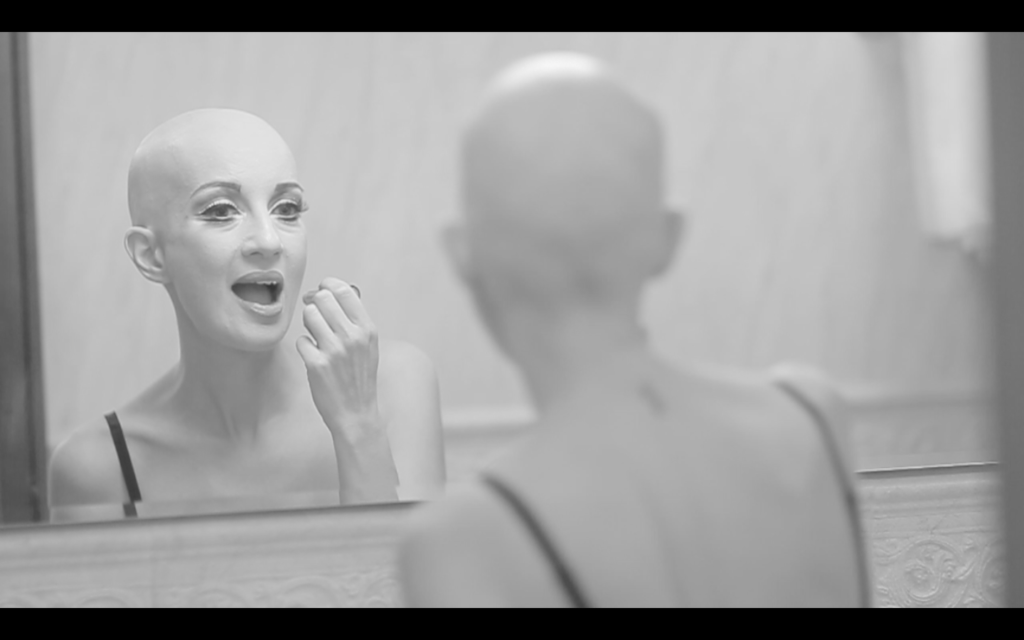
The film touches on the nature of fearlessness, both as a woman and as an artist. It is a lovely, deep dive into pain and beauty, and has received well-deserved awards, winning a number of awards in 2019 and in 2020, including Outstanding Feature Documentary from The Art of Brooklyn Film Festival, N.Y.; winning the International Documentary Feature Film Award, Festival de Cine de Portoviejo, EC; and best feature documentary at Arte NonStop Film Festival, Buenos Aires, ARG.
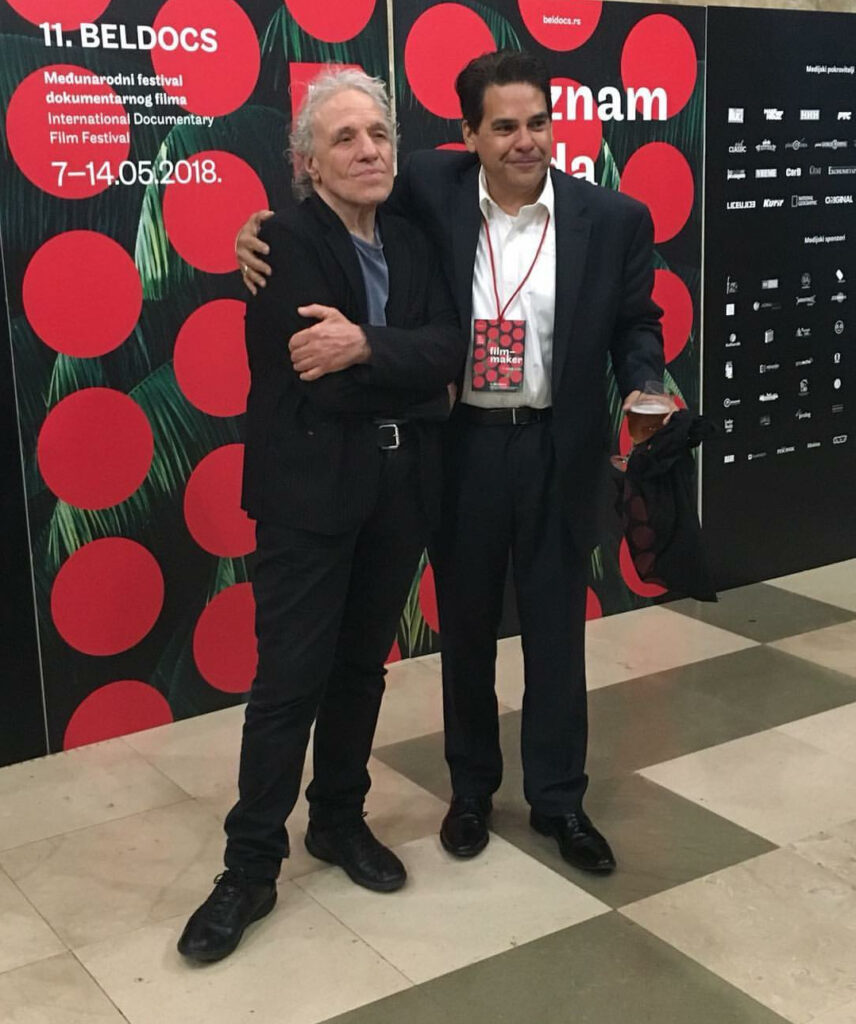
Adanto is a fellow of the Sundance Institute Documentary Program and a classically-trained actor, and as such it’s a natural subject for him to explore how artists respond to change, and the intimacy of their subjects and approaches.
He describes himself as always interested in that subject, even before he made his first film, The Rising Tide. “Whether it was how Iranian female artists responded to the radical societal changes that accompanied the Islamic Revolution or how New Orleans-based artists were impacted by Hurricane Katrina, I have always found the creative response to a changing world rich terrain for a documentary,” he relates.
When it came to making a film about the Serbian artist Marta Jovanovic, he came into the project with some knowledge about recent Balkan history but says he found much to still discover. He notes that so much of that area is not yet known to many outside the region.
“Marta’s family history mirrors the intersection of cultures that was Yugoslavia. Marta revered her grandfather, a Muslim who fought with the Partisans against the German invasion of Yugoslavia during the Second World War. He eventually married her Jewish grandmother, who was the only member of her family to survive the Holocaust.” That family background fascinated Adanto. “I’ve always tried to provide just enough context to let an audience know where my films are set, but this was a real challenge, given the dense and troubled history of the region.”
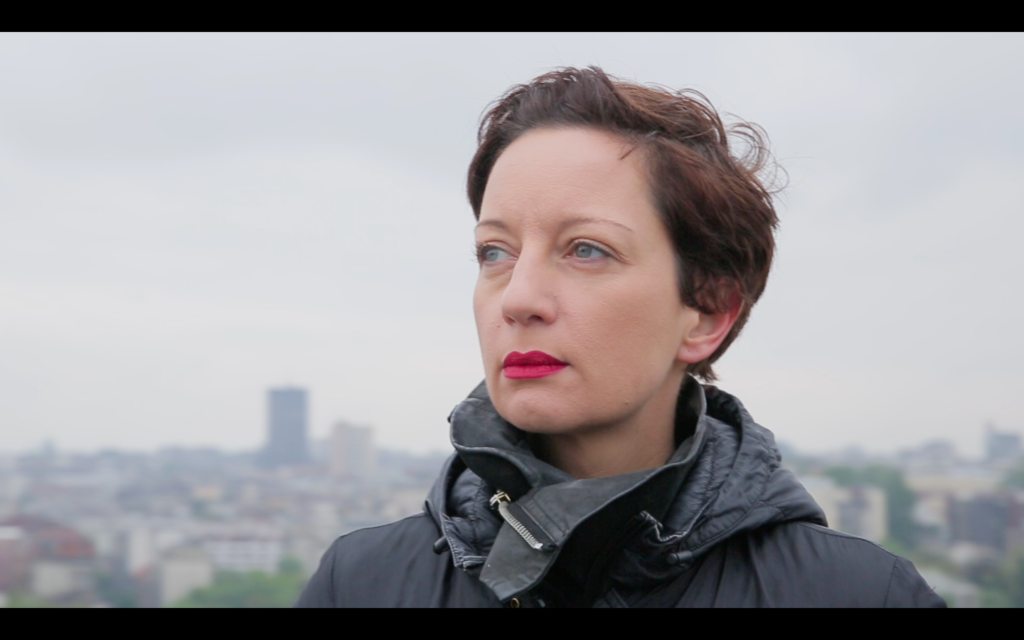
The film has a grace to its unfolding that feels almost poetic, whether Jovanovic is speaking of her art, her culture, or her life. Adanto was not initially aware she was going through a painful divorce, but as he learned more about it, certainly the parallels between her personal struggle and that of her country became evident. Her marriage ended in violence, but, while he knew she was separated, when he first began interviewing her in 2016, the intense and traumatic circumstances were not discussed.
As with all strong documentary filmmakers, he was able to discover the specifics as the process unfolded, winning her confidence. That same feeling of winning the confidence of the viewer is carried into the film; it is not just Jovanovic’s personal trauma that is unfolding, it is something that viewers, particularly in this year of all years, at this point in contemporary culture, can understand and relate to.
“I think there’s a power that comes with sharing one’s trauma, a healing that begins. Marta Jovanovic was brave enough to be very candid in front of the camera, and her directness and honesty adds to the film’s overall impact, in my opinion. I am very pleased with the response the film has garnered during the last 12 months or so,” Adanto reports.
The film, which has screened in Berlin, Budapest, Paris, and Ghent is also streaming in several domestic festivals in October and November, and has just finished a run at the Glendale International Film Festival in California; upcoming is a run at the Louisville’s International Festival of Films, among others.
While shooting began in Februrary 2016, when Adanto was heading the Film & TV Production Program at Nova Southeastern in Fort Lauderdale, the shoot continued through November of that year.
“I flew to Serbia to cover Marta Jovanovic’s performance Motherhood at O3ONE Art Space in Belgrade. Working with a talented local cinematographer Lazar Bogdanovic, we accomplished a lot in those first eight days of shooting. Before I returned to Belgrade in June of that year, I met up with Marta when she was in New York and then once more in the city in November of 2016.”
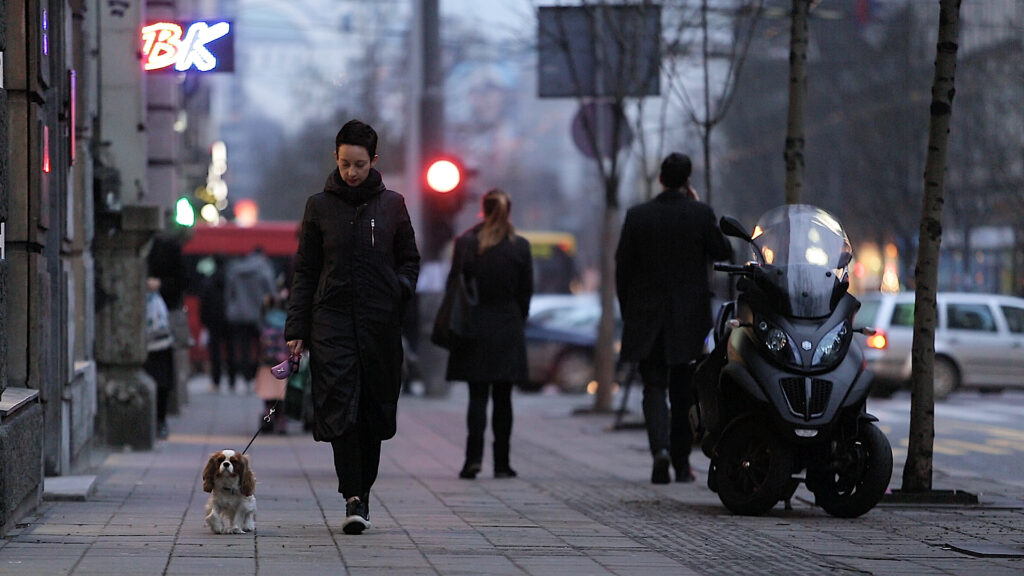
He had no outside funding for the project, and needed to get a producer on board in order to complete his film. It was at that point that he applied to the Sundance Institute Rough-Cut Lab for documentaries, submitting 20 minutes of scenes from the Belgrade and New York footage.
As just one of four projects selected by the lab, Adanto found the experience not only positive but even invaluable, as he received direction and had input from award-winning directors such as Richard Perez and Catherine Tambini.
But it was what followed that brought even more good news for the production. “I received a phone call from Anthony E. Zuiker, the creator of the CSI: Crime Scene Investigation TV series. Anthony had heard good things about what I had presented, and wanted to see the rough-cut. I shared a link with him and that evening, he called to tell me he wanted to be the film’s executive producer and wanted to know what I needed to finish it. With Anthony’s help, I was able to leave the very next week for Belgrade, where I spent the next six weeks shooting the rest of the film.”
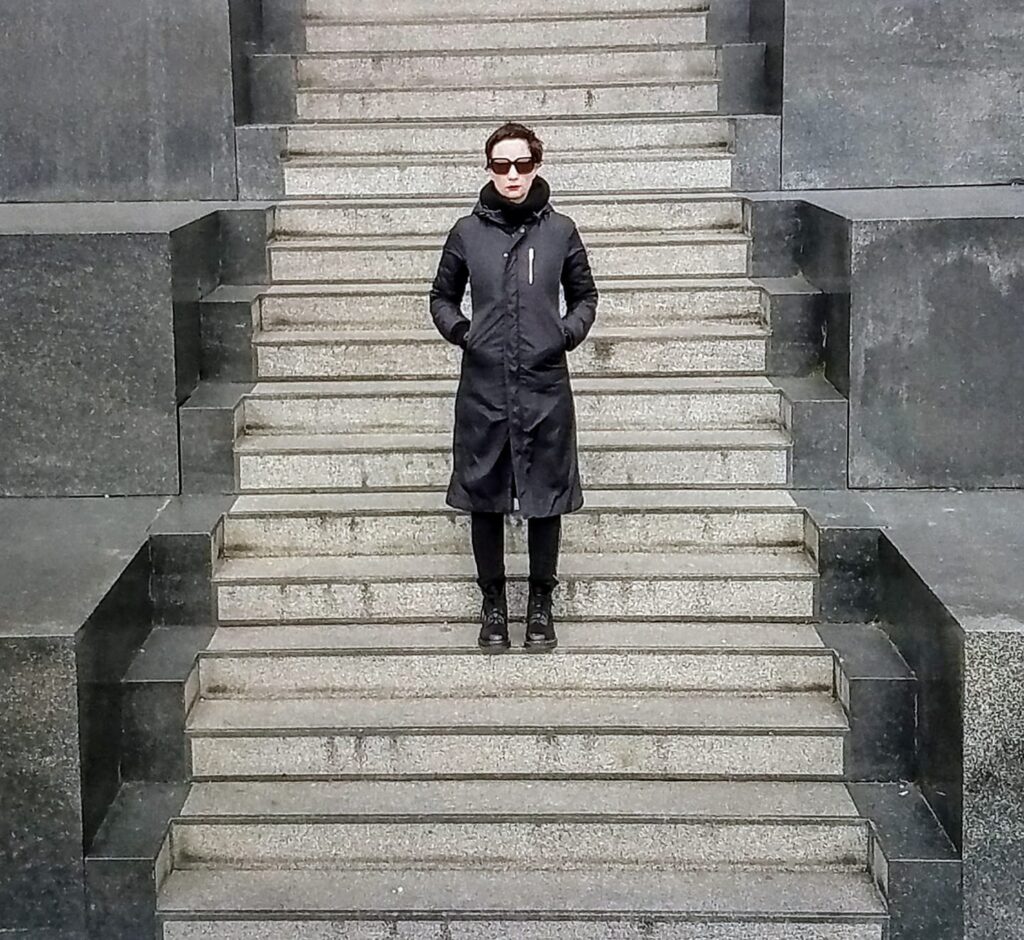
One of the strong points of the film is Adanto’s assured, and involving directorial style. His own favorite directors include classic directorial artists such as Kubrick, Hitchcock, and Fritz Lang. He is also impressed by contemporary directors Michael Haneke and Jia Zhanghe who create works about ordinary people in their daily lives. Like Adanto’s own work, he says “their films seldom offer simple solutions. And even though there is a deep examination of a character’s psychology and motives, their films feel like parables after you’ve watched one.”
Adanto’s documentary on Jovanovic was carefully researched. He began with curator, writer and academic Kathy Battista, who has written several books on feminist performance art. He’d worked with her previously on an earlier documentary work, The F Word, which examined radical “4th-wave” feminist performance in Bushwick. It was Battista who shared an advance copy of Marta Jovanovic – Performing the Self, the book she had written for a young Serbian artist having her first New York solo exhibition at Bosi Contemporary.
While he began his research there, Battista connected Adanto with Jovanovic by Skype, and after several conversations, they decided to work together. In short, he established a high level of trust with the artist prior to even beginning the actual documentary.
The film made its international film festival premier at Beldocs in the former Yugoslavia.
It’s most recent viewings have been available at the Glendale International Film Festival, October 15-21 and finishing this weekend, at the Twin Cities Film Fest, October 22-31. It will run at the Louisville International Festival of Film November 5-7, and at the Arpa International Film Festival, November 12-22. Born Just Now both depicts, and is itself, a force to be reckoned with.
Genie Davis; photos courtesy of Robert Adanto
